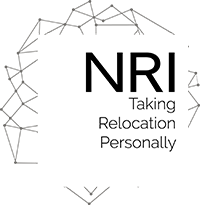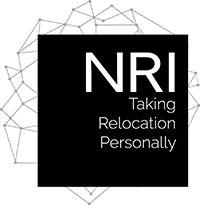“The times, they are a’changing…”
The business world has seen a great deal of change in the last decade. Once characterized  by a vertical, siloed environment driven by top-down leadership, and a cult of personality, these days, the talk is less about powerful people at the top of their organizations, and more about the level of trust they bring to their organizations and their industry.
by a vertical, siloed environment driven by top-down leadership, and a cult of personality, these days, the talk is less about powerful people at the top of their organizations, and more about the level of trust they bring to their organizations and their industry.
Yesterday’s leadership tenets were focused on how to identify and groom those with “leadership potential”. Leaders in this environment were rendered largely inaccessible by the virtual and theoretical walls of their executive offices. But times have changed. Today’s leaders are those who are admired for their authenticity, accessible relationship skills, and their ability to inspire trust in their employees and the public.
This shift isn’t just a passing fad. It is driven by changes in the world and reflects the growing importance of trust in our societies and workplaces.
Where once leadership was a vertical function related to power, today’s structure of the business world has changed from vertical to horizontal. The boundaries separating companies from their employees, their supplier, their customers, and even their competitors have become porous and fluid.
In today’s world, vertical power-based leadership has become largely irrelevant. Instead, the key factor to success becomes the power to inspire others to trust you so that they will collaborate with you in pursuit of a common goal. Companies that successfully pass the “trust test” demonstrate common behaviors:
- They understand that trusting and trustworthiness go hand-in-hand.
- They operate from a clear set of values and principles
- Their practices demonstrate the values and principles they espouse
Trust is a virtue that matters. The actions of a company are seen as reflective of that company as being ethical and principled – a company you can trust
In today’s world, a trust-based organization and trust-based leadership is not a zero-sum game: we all benefit from it.
It is the tangible and intangible benefits of trust that sparked our latest white paper, “Trust and Relocation.” The report examines the ways in which an employee’s experience of the relocation process becomes the employee’s perception of a consistent set of principles, reflective of the company’s character. “Trust and Relocation” also looks at the ways in which trust directly impacts productivity, employee churn, public perception, and an organization’s economic health.
Download the “Trust and Relocation” report – LINK NEEDS UPDATE


